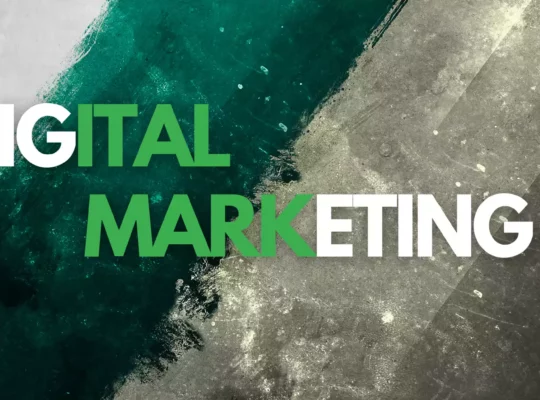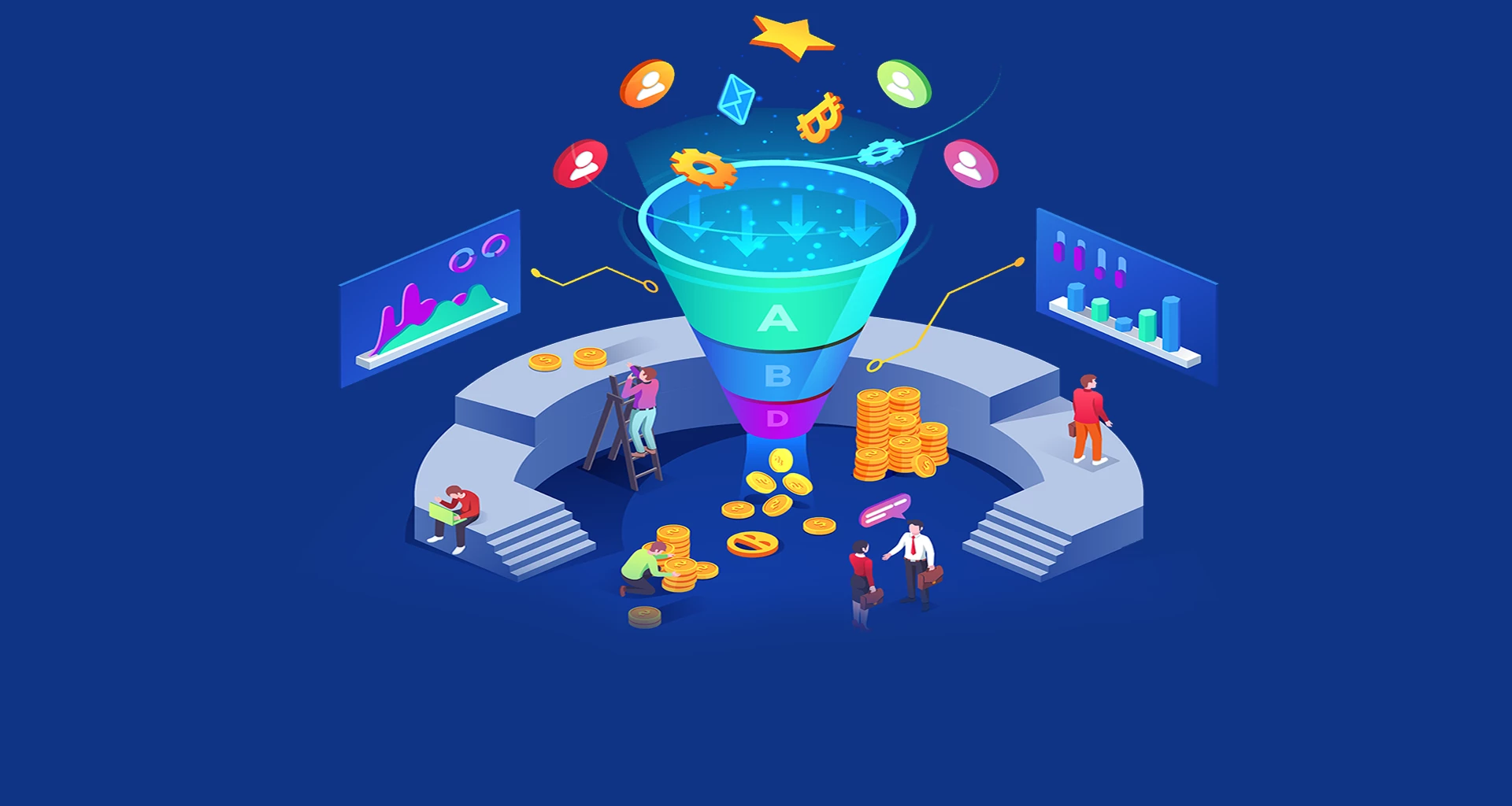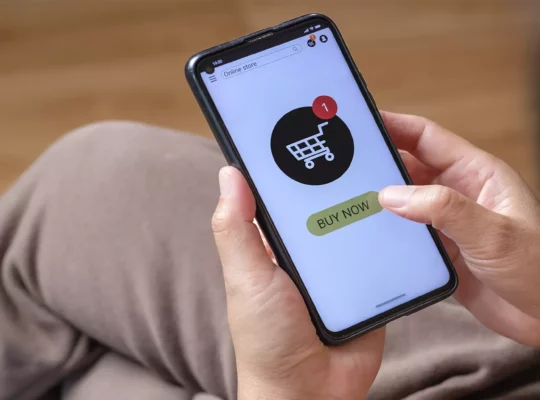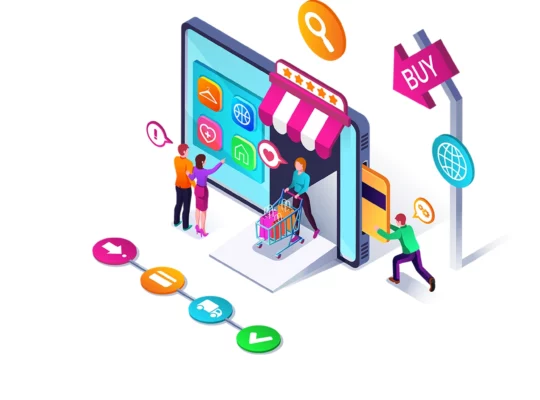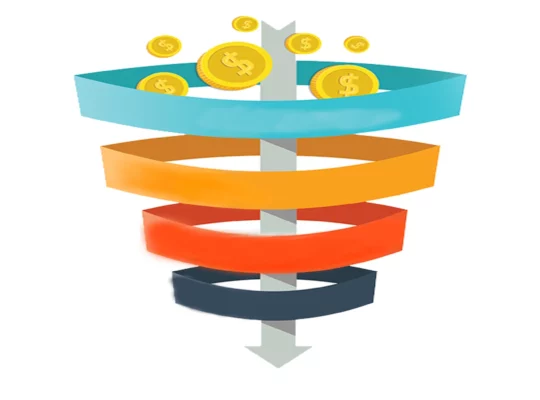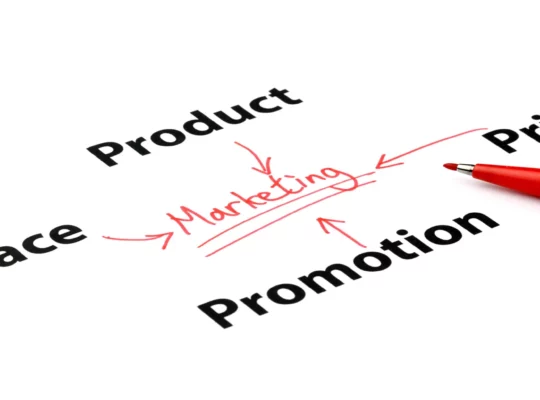Have you ever come across the term “sales funnel” in the marketing world?
Sales funnels, conversion funnels or sales funnels, no matter what name is used, may sound complex at first, but it is actually an essential tool for any business looking to convert leads into loyal customers.
If you are already immersed in the world of digital marketing and you still don’t know what a lead is, we invite you to read our article “Leads: the key to success in digital marketing. What they are, what types there are and why they are important”.
The sales funnel acts as that strategic guide that takes you from the initial attraction of potential customers to the final conversion into sales. Surprisingly, according to a study by Marketing Sherpa, 68% of companies fail to properly identify and measure their sales funnel, resulting in significant missed opportunities for sales and customer retention.
In this article, we’re going to explore what sales funnels are, what they’re good for and how they differ from the marketing funnel.
Follow us!
What is a Sales Funnel
Let’s start this way: how does a common funnel work? Yes, the kind we use in the kitchen or laboratories.
As we can see, it has two holes, one large and one very small. Through the larger nozzle we can deposit the material and as it goes down towards the other orifice, the space becomes narrower to filter the material and thus obtain what we really need.
With the sales funnel it is exactly the same: We have a very large informative material about different users captured through different media and we need to make it more specific.
How do you do that?
As people become more aware of our brands, we can also get more data about them. With this method, we will be able to qualify users, which means that we will have to make the appropriate evaluations to know if they can and have the interest to become real customers of our companies.
As you can see, the sales funnel is a visual representation of the process that a potential customer follows from the moment they become aware of your brand until they make a purchase or request a service.

What is the Sales Funnel for?
The sales funnel serves as an essential tool for understanding and managing the process of converting potential customers into actual customers.
Its main function is to provide a visual and strategic structure to track and analyze the customer journey through various stages, from brand discovery to decision making. By breaking down the process into specific stages, the sales funnel facilitates the identification of opportunities and obstacles at each stage of the sales cycle. This allows companies to optimize their marketing and sales strategies and tactics, tailoring their approach according to customer needs and behaviors at each stage of the funnel.
At this point, we invite you to read our article “The Sales Funnel: Key Stages To Boost Your Business”.
Through it, it is possible to create specific actions for each stage of the journey, resolving the fears and objections that the future customer may have, giving him the information he needs and thus taking him by the hand until he makes his purchase or requests the service.
In summary, the sales funnel acts as a practical guide that helps companies to effectively and systematically manage the process of converting prospects into customers.
Difference between Sales Funnels and Marketing Funnels
On the other hand, we do not want to end our article without giving you a clarification. Many times we talk about the sales funnel as if it were exactly the marketing funnel and, because both have similar names and related phases, we do not see the differences between each of them. While both funnels may often have exactly the same names and even similar functionalities, the purpose of each is different.
The marketing funnel seeks to attract visitors, convert them into leads or contacts to nurture them with materials of interest and segment them into qualified opportunities to be sent to the sales team.
The sales funnel, on the other hand, seeks to work leads that have already been qualified by marketing according to the interests of a business, to ensure that the user is ready to become a customer.
In short, the marketing funnel seeks to convert strangers into qualified leads for a company, while the sales funnel is responsible for converting qualified leads into customers.
Conclusion
As you have noticed, sales funnels are much more than a graphical tool: they are the key to understanding customer behavior and optimizing your marketing strategies. From improving productivity to promoting new business opportunities, the effective implementation of a sales funnel can transform your business strategy.
If you are interested in knowing in depth what are its multiple benefits, “The Impactful Benefits of Sales Funnels For Your Business” will be a good post for you.
At DISSAU, we can help you take your business to the next level and connect with audiences related to your products and services, contact us today and start your journey to success!




